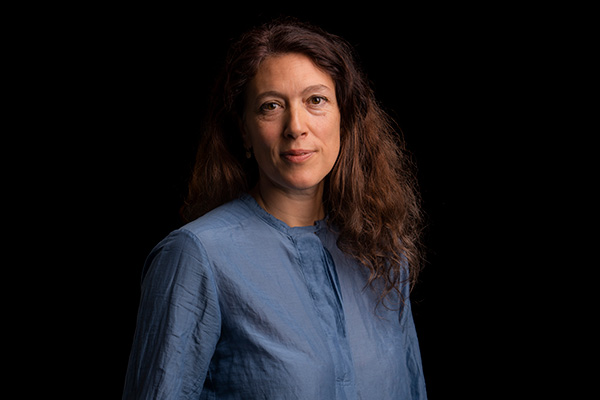Margit Anne Petersen
Research leader

Project title
Intoxicated Adolescent Relations: Alcohol, Gender, sexuality and victimization among Danish youth
What is your project about?
The project focuses on the interplay between the culture and meaning of intoxication; gender and social relations; and the boundaries between wanted and unwanted sexual encounters. The project explores the social learning processes related to norms and practices of gender and sexuality among teenagers and how these processes are influenced by alcohol intoxication. The project also consists of two subprojects: 1) How social media, for example consensual or non-consensual image-sharing, form part of intoxicated sexual relations, and 2) Parental roles and ways of handling teenage drinking and sexual relations, as well as how social policies and prevention initiatives have changed over time.
How did you become interested in your particular field of research?
As an anthropologist, I have long been interested in existential questions regarding what constitutes the self and how the self is shaped through inter-personal relations and the social and cultural environment. In my Ph.D. and post doc projects I have utilized this interest to explore how young people engage in self-enhancement and self-development processes and techniques through non-medical use of pharmaceuticals and medical use of illegal substances. Since becoming Associate Professor at The Centre for Alcohol and Drug Research, I have been invited into new collaborative environments, which have extended my interest in how young people use alcohol in flirtatious and sexual relations to develop their notion of their sexual self.
What are the scientific challenges and perspectives in your project?
The scientific challenge of this project is to think across research silos. One of the aims of the project is to bring together different, relatively isolated, theoretical approaches in order to create a more holistic starting point for the study of drunken sexual relations among adolescents. By focusing on how the cultural and social aspects of alcohol and intoxication influence norms and expectations of gender and sexuality, as well as how the social environments and specific places where young people meet, shape intoxicated sexual relationships, the project's analytical focus extends beyond the individual, and points to the need for a broader framework of understanding when it comes to intoxication and sexuality among young people.
What is your estimate of the impact, which your project may have to society in the long term?
Alcohol intoxication among youth, sexual consent and sexual victimization are topics of current political and health concerns. The Danish Ministry of Health has recently changed their recommendations on alcohol consumption; Parliament has passed a consent law; and the #MeToo movement has created awareness of sexual victimization both as an individual and social problem. These changes reflect new understandings in the general public as well as in society of both alcohol consumption and sexual victimization. The project will contribute new knowledge on the relationship between intoxication and boundaries between positive and negative sexual experiences among adolescents. By focusing on socio-cultural dynamics of intoxicated sexual relations, the project will identify and inform important issues that can be used in the development of prevention initiatives and new policies.
Which impact do you expect the Sapere Aude programme will have on your career as a researcher?
It is a great honor and acknowledgement to receive a Sapere Aude grant, which, in the long run, will help me realize many of my goals as a researcher and research leader within the cross-disciplinary field of alcohol and drugs. The grant gives me the opportunity to assemble a research team and explore the important and current topic of intoxicated sexual relations among teenagers. It also provides me with a unique opportunity to lead a project with a strong network of highly renowned scholars in the US, UK, Sweden and the Netherlands, thereby further establishing my research career within important international research environments.
Background and personal life
I live with my partner Simon and our 5 children. We are an adventurous family, who loves to go skiing, travel to new destinations, improvise weekend activities and cook festive dinners for friends and family. Although my everyday life is busy, I usually find time for yoga or running. Recently, I have taken up strength training exercises with my oldest son, in order to balance the many hours, I spend working at my desk.
View all research leaders here
Research institution
Aarhus University
Research field
Alcohol and Drug Research
City of your current residence
Frederiksberg
High school
Christianshavns Gymnasium
